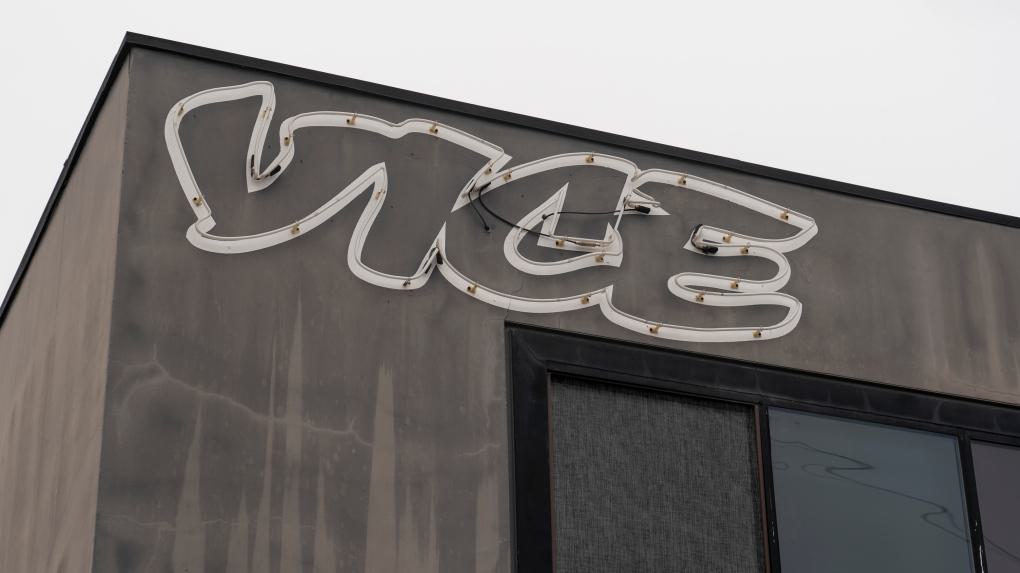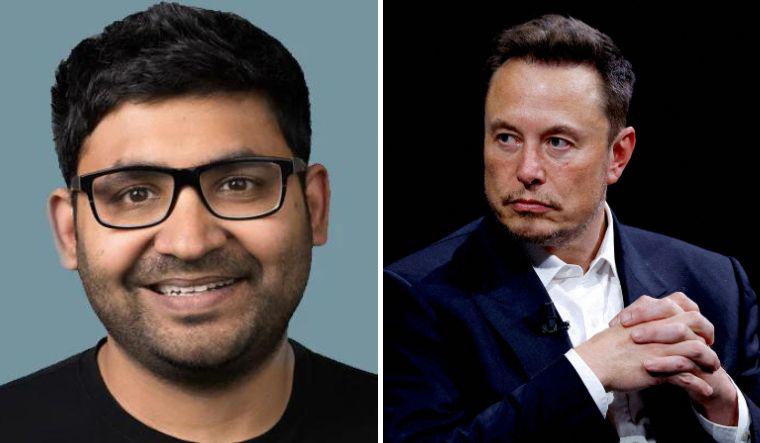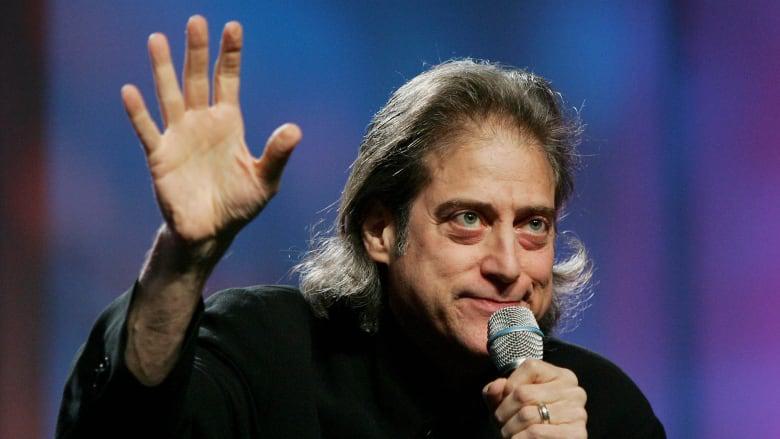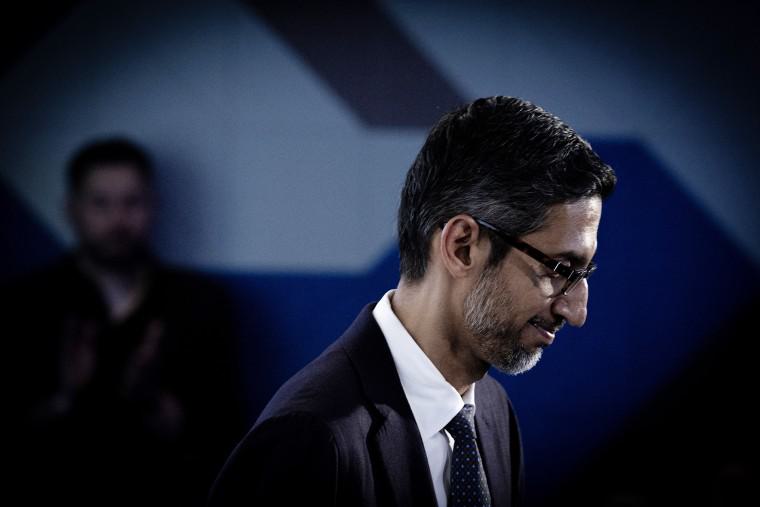Vice Media Adopts Studio Model, Leading to Layoffs and Halted Website Publishing
February 23, 2024 - Reading time: 3 minutes

Vice Media, a once high-flying digital media startup, has announced that it will cease publishing content on its website and lay off several hundred staffers as the company makes "fundamental changes" to its strategic vision under new private equity ownership.
A Shift in Content Distribution Strategy
In an internal memo obtained by CNN, CEO Bruce Dixon stated that this decision was not made lightly but was necessary due to the company no longer finding it cost-effective to distribute digital content in the same way. Instead, Vice Media will partner with established media companies to distribute their content on global platforms as they transition into a studio model.
Staff Reactions and Company Challenges
The news has been met with mixed reactions from staffers who have struggled to work amid rumors about the company's fate. Descriptions of the situation range from "crushing" to comparisons with being aboard the sinking Titanic. The company, once celebrated for its disruptive approach to media, was acquired out of bankruptcy by Fortress Investment Group and two other creditors last year for just $350 million—a significant decline from its previous valuation.
End of an Era for Vice Media
Established in 1994 in Montreal as a punk magazine, Vice Media evolved into a global multimedia giant, capturing younger audiences with its immersive journalism and edgy style. Significant investments from major players like 21st Century Fox and The Walt Disney Company propelled the company's valuation to over $4 billion, with coverage ranging from conflict zones to counterculture.
This strategic shift signifies the end of Vice Media as it has been known, following numerous business difficulties and executive changes, including the departure of co-founder Shane Smith and his successor, Nancy Dubuc. The company's restructuring efforts included exploring a sale and reducing its workforce, highlighted by the cancellation of its flagship "Vice News Tonight" program before filing for Chapter 11 bankruptcy in mid-May.
Turbulent Times and Financial Struggles
Despite its innovative approach, Vice Media faced turbulent times, marked by financial struggles, leadership changes, and a challenging climate for digital media. Efforts to diversify revenue through advertising, branded content, and television expansion faced challenges, leading to the recent strategic pivot under CEO Bruce Dixon.
The announcement reflects broader challenges within the digital media industry, including changing consumption habits, monetization difficulties, and competitive pressures. Vice Media's transition may influence other digital media companies as they navigate an evolving landscape marked by technological advancements and economic pressures.
As Vice Media embarks on this new chapter, the implications for digital journalism and content creation are significant. This pivot highlights the ongoing evolution of the media landscape and may serve as a bellwether for how other companies might adapt to an increasingly complex and uncertain market.

DW Staff
David Lintott is the Editor-in-Chief, leading our team of talented freelance journalists. He specializes in covering culture, sport, and society. Originally from the decaying seaside town of Eastbourne, he attributes his insightful world-weariness to his roots in this unique setting.




